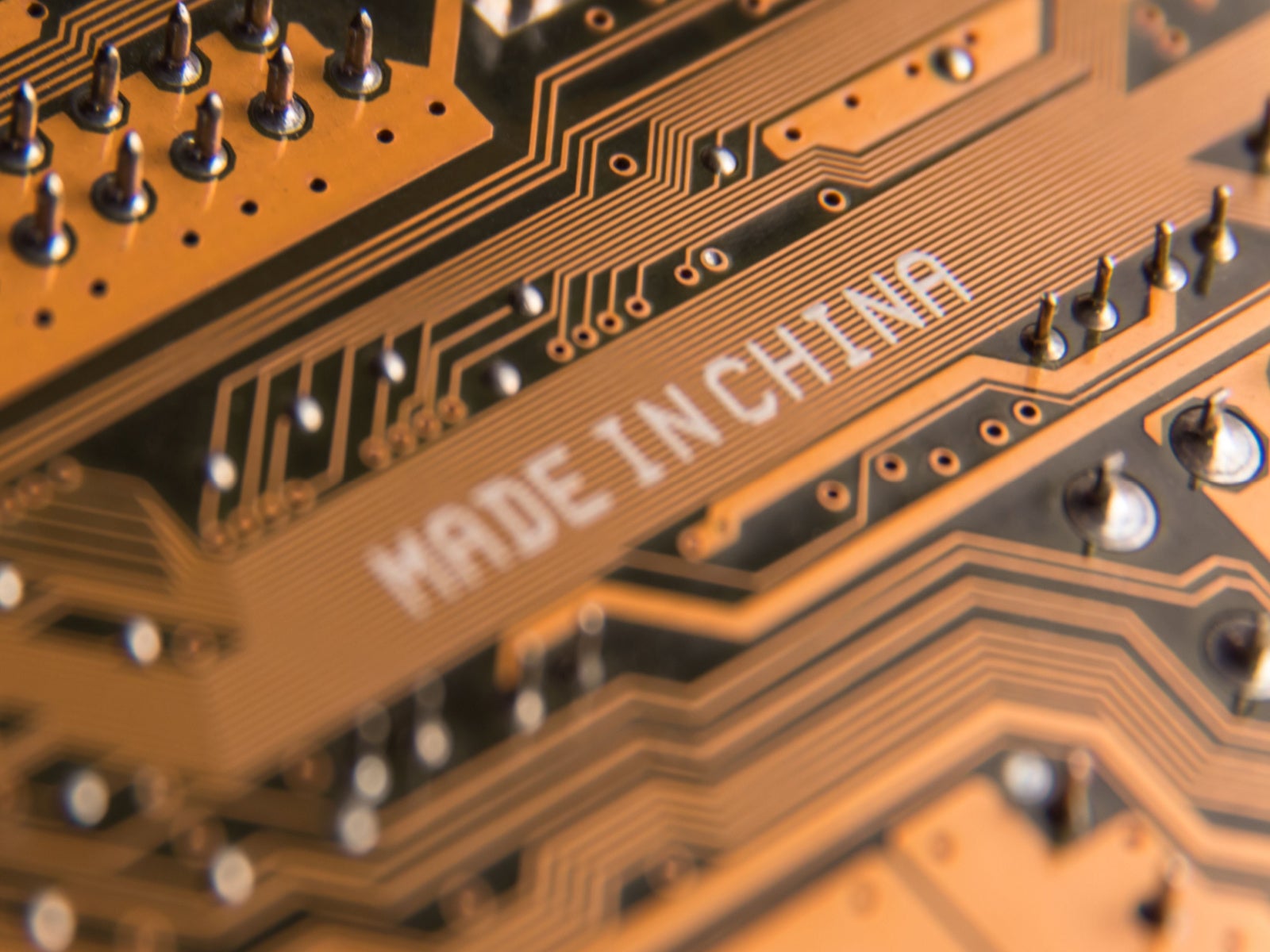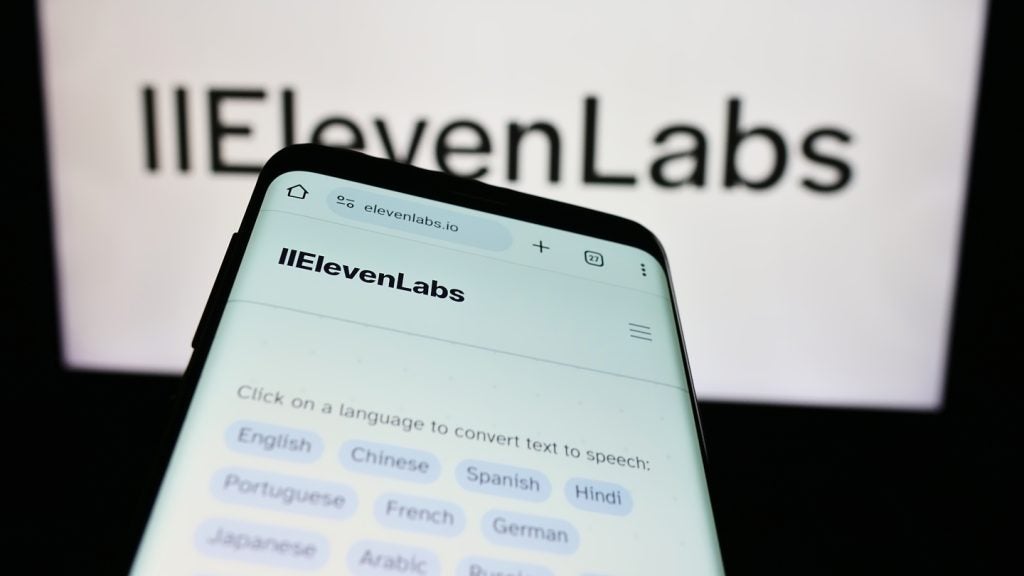The response of Chinese tech companies to Russia’s continuing war in Ukraine is coming under increasing scrutiny both at home and internationally. Chinese tech companies doing business in Russia include mobile device producers, Xiaomi and Oppo, cloud service providers, Alibaba and Tencent, and telecommunications and IT infrastructure providers such as ZTE, Inspur and Huawei. They also include semiconductor producer, SMIC, and PC manufacturer Lenovo.
Officially, China remains committed to maintaining “normal trade co-operation” with Russia. In response, most Chinese tech companies appear to be maintaining a business-as-usual approach, despite facing a host of challenges related to the enforcement of western sanctions against Russia and its ally Belarus.
Challenges
The challenges these companies now face to maintaining “normal trade co-operation” with Russia include the volatility of Russia’s rouble, which has sunk roughly 36% against both the US dollar and China’s renminbi. They also include a range of logistical challenges and risks related to shipping and payments.
Chinese tech companies perceived to be taking a pro-western stance in the conflict have also faced criticism within China. In February, Chinese ride-hailing company DiDi, which is listed on the New York Stock Exchange (NYSE), reversed its decision to shut down its service in Russia following accusations by Chinese nationalist influencers that DiDi had colluded with Western sanctions. Lenovo also came under fire from nationalist influencers in China, following reports that it had joined US firms Intel and Dell in suspending PC shipments to Russia.
Major concerns among Chinese tech companies
One major concern among Chinese tech companies is that the US and its allies might consider applying additional, secondary sanctions on Chinese firms that continue doing business in Russia, and therefore undermine the impact of western sanctions. Indeed, the US has already threatened to cut off Chinese access to essential US chip manufacturing technology if Chinese chip producers such as SMIC violate the western sanctions. Related to this is the concern is that, even without the introduction of official sanctions, Chinese tech firms could face boycotts from consumers and businesses in the west, and elsewhere, because of the support they are perceived to be giving Russia.
Ethical procurement is a subject which is receiving increased attention as part of a growing commitment to environmental, social and governance (ESG) goals. Guided by their own ESG principles, and mindful of pressure from customers and investors, some companies could choose to withhold business from Chinese tech firms, especially if the war in Ukraine becomes protracted and intensifies further.
How well do you really know your competitors?
Access the most comprehensive Company Profiles on the market, powered by GlobalData. Save hours of research. Gain competitive edge.

Thank you!
Your download email will arrive shortly
Not ready to buy yet? Download a free sample
We are confident about the unique quality of our Company Profiles. However, we want you to make the most beneficial decision for your business, so we offer a free sample that you can download by submitting the below form
By GlobalDataEthical decision making
The recent resignation of two of Huawei UK’s British board members in response to Huawei’s Russia-Ukraine stance illustrates the growing prominence of ethical decision-making within the ICT industry. So too does the decision by Polish footballer, Robert Lewandowski, to end his around €5 million (£4m/$5m) sponsorship deal with Huawei, following reports that Huawei helped Russia secure its internet against attacks by pro-Ukrainian hackers.
Going forward, the decision to withhold business from Chinese tech firms need not necessarily be based on actual evidence of support for the Russian government or military. It could also be based on the perception that Chinese tech firms are looking to profit from the departure of western tech firms from Russia, or simply from the perceived ambivalence of China and Chinese firms in a conflict that continues to claim the lives of innocent people.







Related Company Profiles
Intel Corp
ZTE Corp
Xiaomi Inc